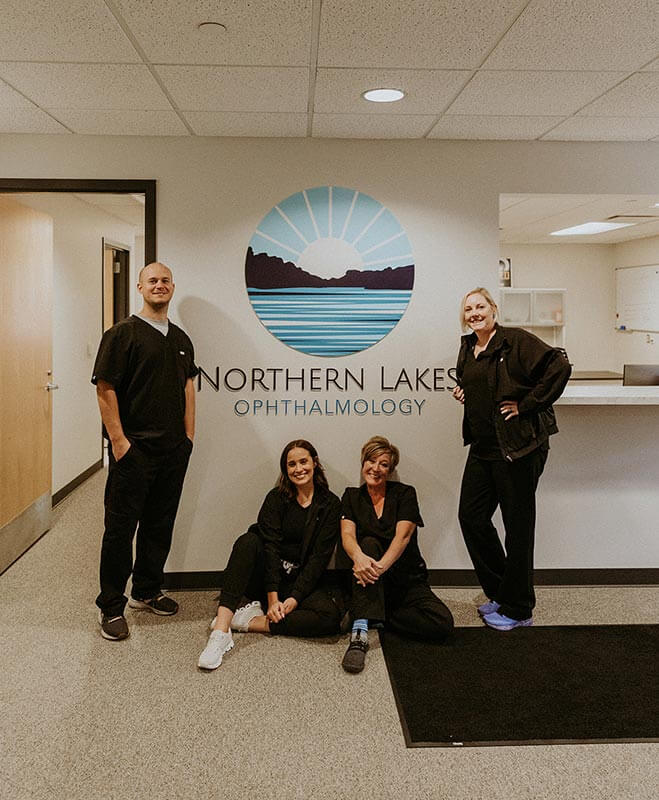Cataract Surgery

What exactly is a cataract and why might I want cataract surgery? We are all naturally born with a lens inside the eye and for most of us that lens is clear until we reach our 50’s or beyond. That natural lens will become cloudy with time and eventually it becomes cloudy enough that we call it a cataract. This means that a cataract is simply a natural lens that you were born with that has become cloudy. Eventually cataracts become cloudy enough that they impact our daily lives by causing burry vision, haloes, poor night vision, and glare while driving or looking into oncoming headlights. Glasses and contacts do not fix the poor vision that develops from cataracts. Cataract surgery is the only way to eliminate the vision problems caused by cataracts. As a bonus, all patients will choose an intraocular lens (IOL) implant that is the best fit for them prior to surgery. That IOL in many cases can eliminate the need for glasses or contacts.
Why should I choose Dr. Kasprick as my cataract surgeon?
Cataract Symptom Checker






Are you a candidate for cataract surgery?
Take our cataract self-test and find out!
Educational Videos
IOL Introduction
Intraocular lens implants, commonly called IOLs, may be one of the most important developments in eyecare over the last 30 years. These tiny prescription lenses are permanently placed inside the eye, to restore focusing power when an eye’s natural lens has been removed, as part of cataract surgery or lens replacement surgery. Before the development of IOLs, the only way to restore focusing power in an eye after cataract surgery was with thick, ‘coke-bottle’ glasses, or contact lenses. Without those glasses or contact lenses, a patient could see only shapes and colors. Today, those thick glasses and contact lenses are eliminated with an IOL. Choosing the correct lens implant for you is the best way to reduce your dependence on glasses and ensure that your cataract surgery is a resounding success.
Toric Lens Overview
This video describes the nature of astigmatism, and shows how a toric lens implant following cataract surgery can act to neutralize the astigmatism. Reducing astigmatism ultimately helps bring you closer to enjoying a life without depending on expensive prescription glasses.
Trifocal IOL
This video describes the difference between single focus IOLs and trifocal IOLs, which provide correction for near, intermediate and distance vision. Patients will learn the difference between monofocal IOLs and trifocal IOLs, and are shown the benefits of a premium IOL. Dr. Kasprick enjoys implanting the Alcon Panoptix multifocal IOL and has countless patients who have gone glasses free after choosing the Panoptix lens. Script approved by Alcon Surgical Vision.
Extended Depth of Focus
This video explains how an extended depth-of-focus (EDOF) IOL (such as the Alcon Vivity) offers a continuous range of vision and minimizes side effects of other IOLs. The extended depth of focus Vivity IOL helps to reduce your need for glasses for tasks in the intermediate range (3-5 feet). Many patients who choose a Vivity lens are able to read items at arms length as long as the print is large enough. Script approved by Alcon Surgical Vision.
